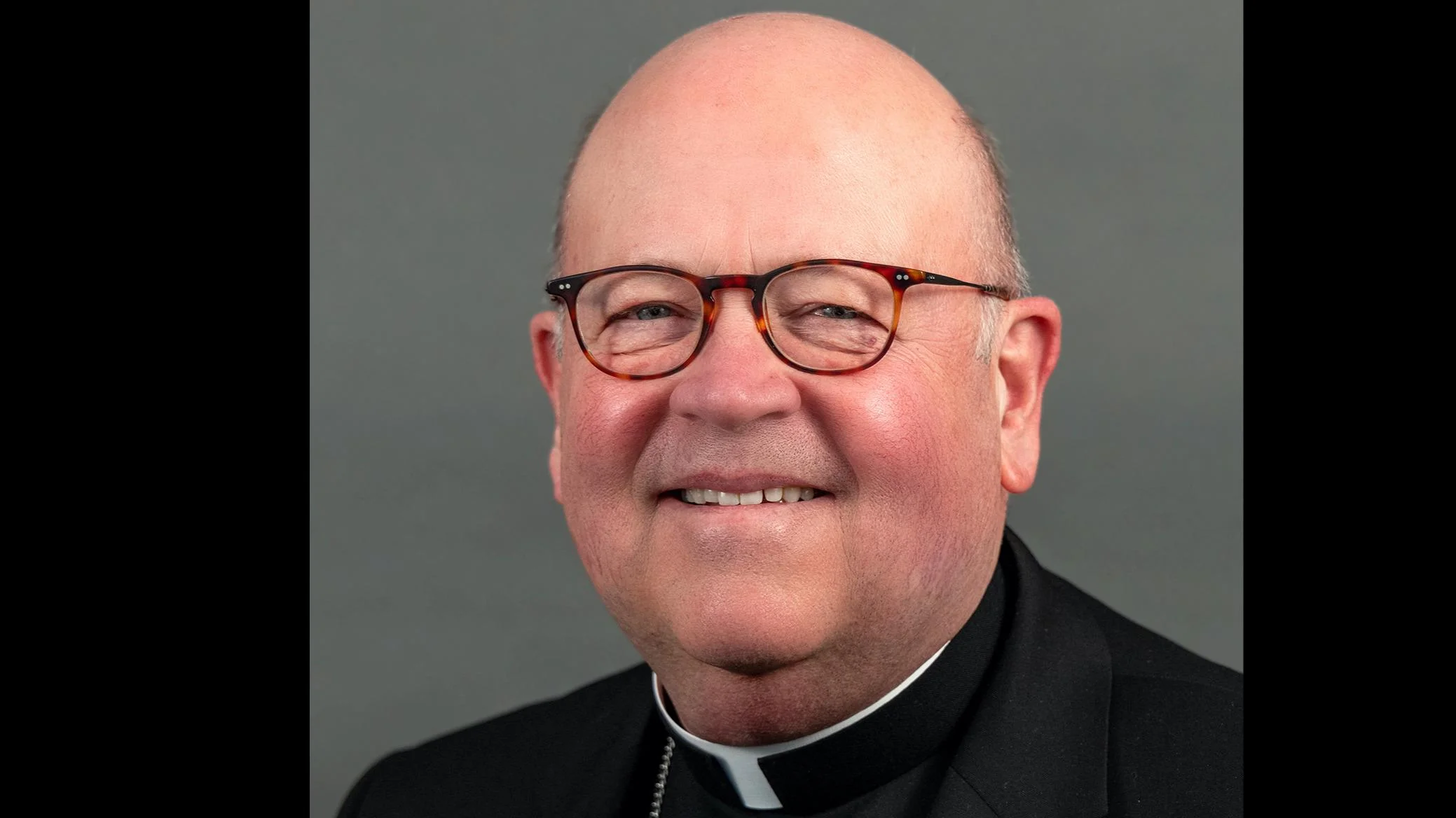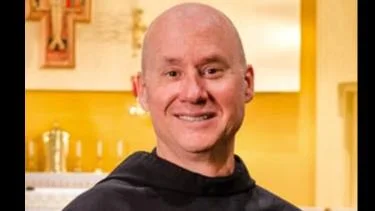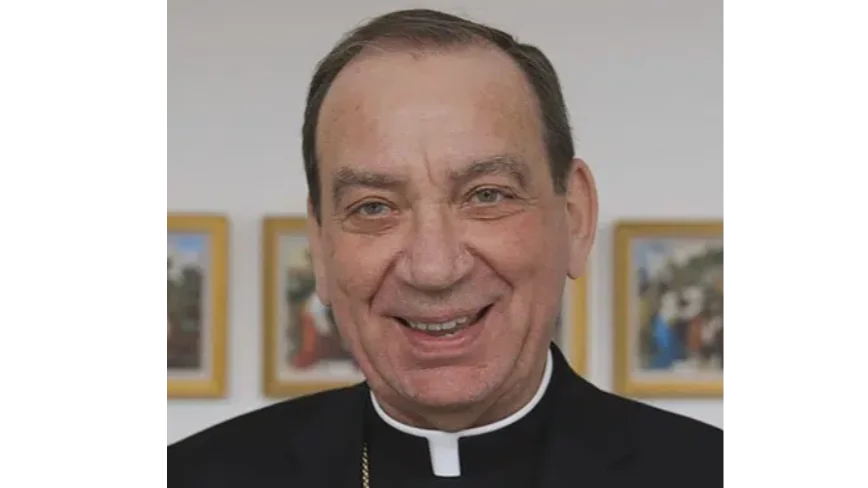
Rev. James D. Conley, D.D., S.T.L. | Diocese of Lincoln website
The Eucharistic liturgy, seen as a cornerstone in Christian worship, holds elements reminiscent of the Jewish Passover. The vivid imagery of lifting bread and wine during Mass draws parallels with the childhood Passover Seders experienced by some faithful. Father lifts the sacramental bread and wine, evoking memories of Uncle Abram's reverent lifting of the Passover wine chalice, as he wrapped himself in a prayer shawl and began with the traditional "Baruch" blessing.
Passover, or the Seder, is not just a meal but a retelling of the history of the Jewish people's liberation from slavery, encapsulated in symbols and prayers. Uncle Abe's trembling hands holding the chalice symbolize more than the ritual; it embodies a profound relationship between the Jewish people and the Creator, a relationship filled with centuries of prayers and struggles.
A significant part of the Seder includes children asking foundational questions, leading the group through a responsorial narrative. The tradition recounts the deliverance from Egypt and celebrates God's deeds, such as dividing the Red Sea, sending manna in the wilderness, and bringing them to Mount Sinai.
The article highlights undeniable connections, stating, "Echoes of the Passover are easily recognized in the Mass." Similar to the celebrations of deliverance in both Seder and Mass, the Eucharistic Liturgy is a concise narrative of salvation history, resonating with the Passover's themes of redemption and hope for the coming Messiah. The Mass acknowledges the past, and in each celebration, believers are taken back to the Seder table at the Last Supper, the Exodus, and even back to Abraham's covenant with God, bridging their faith through history.
Good Friday serves as a day of reflection and prayer for Jewish brothers and sisters, emphasizing the shared history and spiritual kinship. The time-honored Seder, led by Jewish ancestors and preserved through tradition, provides a cultural heritage deeply intertwined with Christian beliefs, articulated through prayers like those from the 1958 Haggadah by Rabbi Martin Berkowitz.
In closing, this connection is artistically represented in "The Last Supper," a sculpture by Sondra Jonson at Immaculate Conception Church, Ulysses.






 Alerts Sign-up
Alerts Sign-up